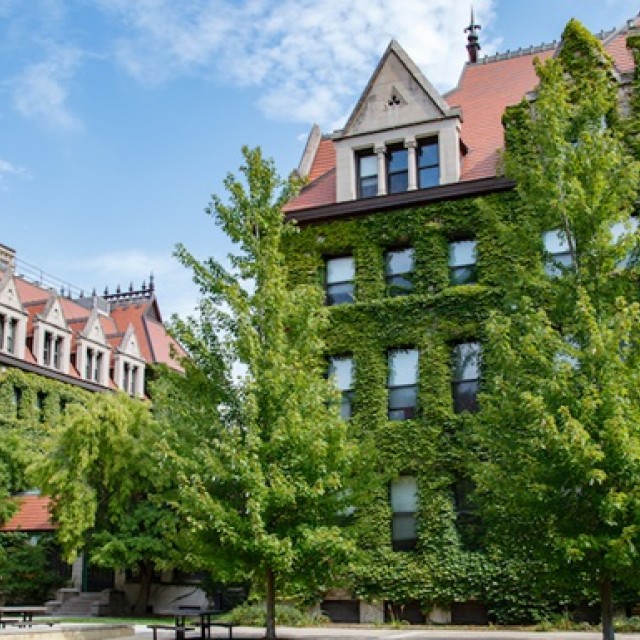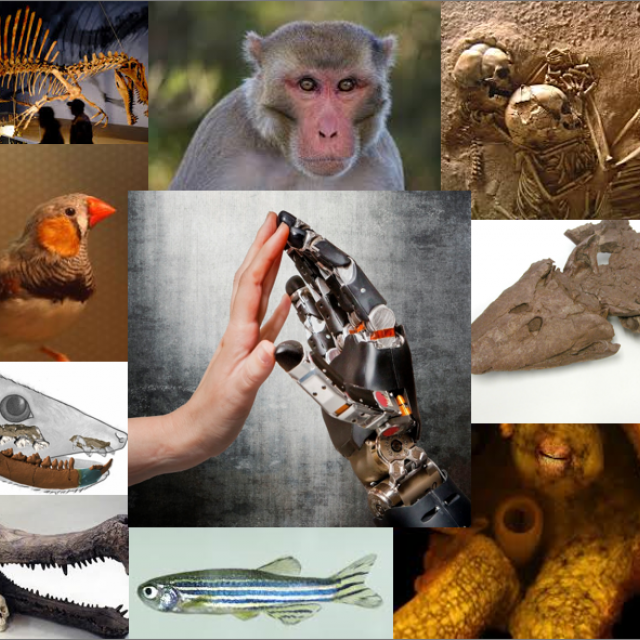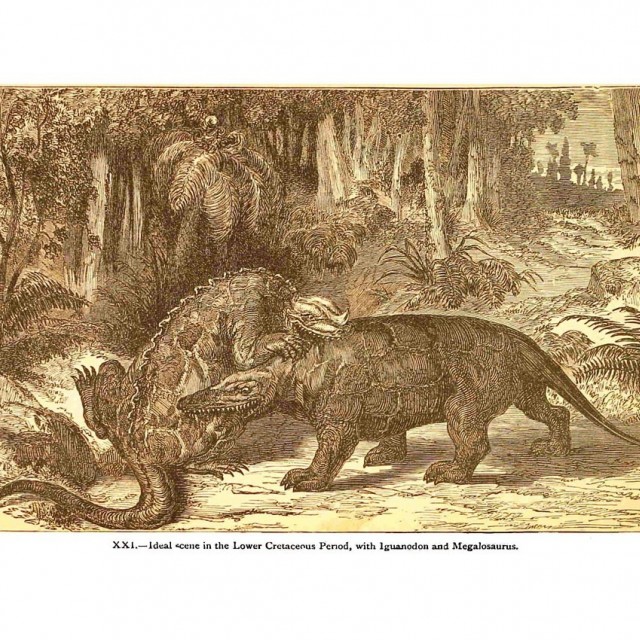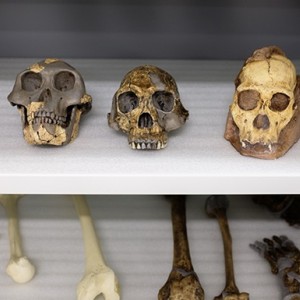
About Us
Our Mission
Through the disciplines of Comparative Biomechanics, Evolution and Developmental Biology, Behavioral Neurobiology, and Vertebrate Paleontology, our mission is to explore animal form and function and how they change over the short time frame of an individual’s life history and long time frame of the history of animal life.
We are home to faculty, postdoctoral scholars, administrative support staff, and students with wide-ranging interests in biological structure, function, development and evolution at the level of the organism.

Research
Research
The Department of Organismal Biology & Anatomy, and its Graduate Program in Integrative Biology, is home to faculty and students with wide ranging interests in biological structure, function, development and evolution at the level of the organism. Integrative by nature, diverse in its methods, organismal biology is the most exciting and powerful lens through which to advance understanding and education about organismal development, behavior and evolution.
OBA's four primary research areas:
- Evolution & Development
- Behavioral Neurobiology
- Comparative Biomechanics
- Vertebrate Paleontology

Education
Education
Our wide-ranging research questions naturally attract a diverse graduate student population, drawn from over nine graduate programs and three divisions. From the Biological Sciences Division, OBA labs draw students from Computational Neuroscience (CPNS); the Committee on Evolutionary Biology (EVBI); Genetics, Genomics & Systems Biology (GGSB); our own program in Integrative Biology (IB); Development, Regeneration & Stem Cell Biology (DRSB); the Medical Scientist Training Program (MSTP); and Neurobiology (NURB).
From the Physical Sciences Division, we draw students from the Geophysical Sciences, Chemistry, Physics, and Biophysics programs.
From the Social Sciences Division, we have students from the Psychology program.
We also foster very close ties with the Marine Biological Laboratory at Woods Hole.
















